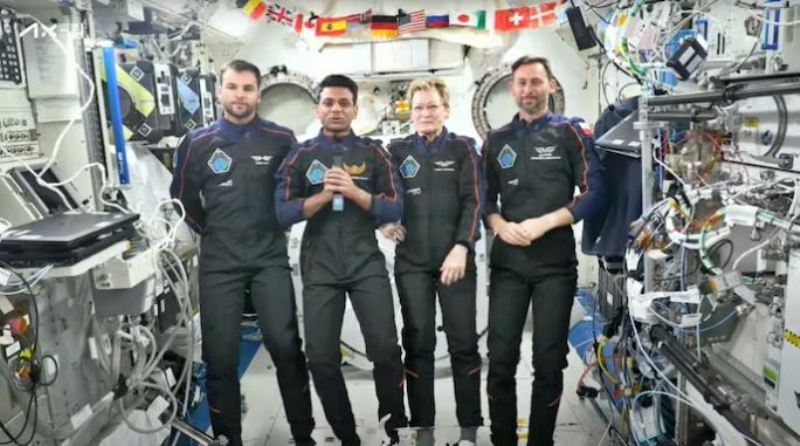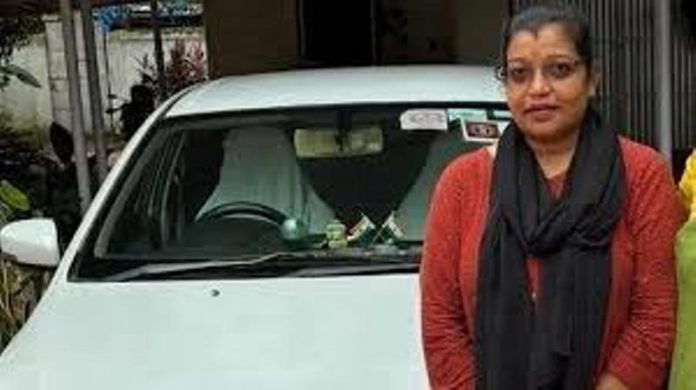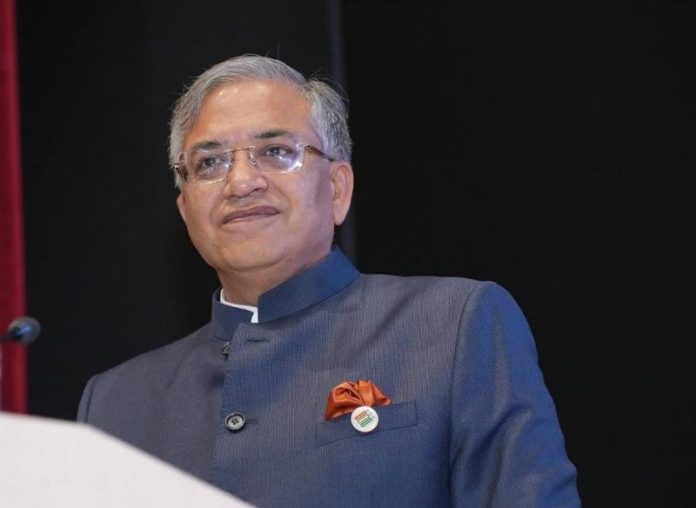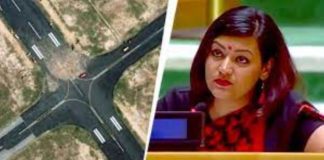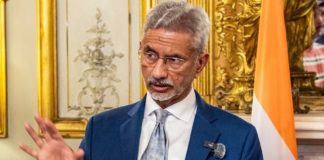New Delhi: In a rare and bold move, India’s space agency Isro stopped the launch of astronaut Shubhanshu Shukla’s mission just hours before takeoff. The decision came after a crack was detected in the Falcon 9 rocket, raising safety concerns.
Isro’s quick action helped avoid a possible disaster and ensured the safety of India’s first astronaut to the International Space Station (ISS).
The launch was originally scheduled for June 11. However, on the evening of June 10, Isro’s team found a leak and later a crack in the Falcon 9 booster, built by SpaceX.
Following this, Isro immediately informed SpaceX and called off the launch.
Isro Chief V Narayanan, speaking at Presidency University, said,
“I was leading the team. After discussions, we decided not to go ahead. My team refused to participate as we were not confident in the rocket’s safety.”
The very next day, SpaceX confirmed the crack in the Falcon 9.
This proved Isro’s concerns were right and their decision timely.
The mission, named Axiom Mission 4 (Ax-4), is a joint effort by NASA, SpaceX, Axiom Space, and Isro.
It was later rescheduled, and Shubhanshu Shukla successfully launched on June 26, becoming the first Indian to reach the ISS and the second Indian in space after Rakesh Sharma in 1984.
The mission faced multiple delays due to technical issues, including problems aboard the ISS and the Falcon 9 crack.
Shukla is now on a 14-day mission aboard the ISS, conducting scientific experiments related to space nutrition and biology.
These findings will help India prepare for its own Gaganyaan human spaceflight program.
Praising his team’s role, the Isro chief said,
“It was a fantastic job. We saved the mission. Today, Shukla and the entire crew are safe. India is second to none.”
This moment highlights India’s growing importance in global space missions and the importance of strict safety protocols.
All eyes are now on the crew’s planned return from the ISS on July 14.
The success of this mission marks a historic leap for India in the field of human space exploration.


